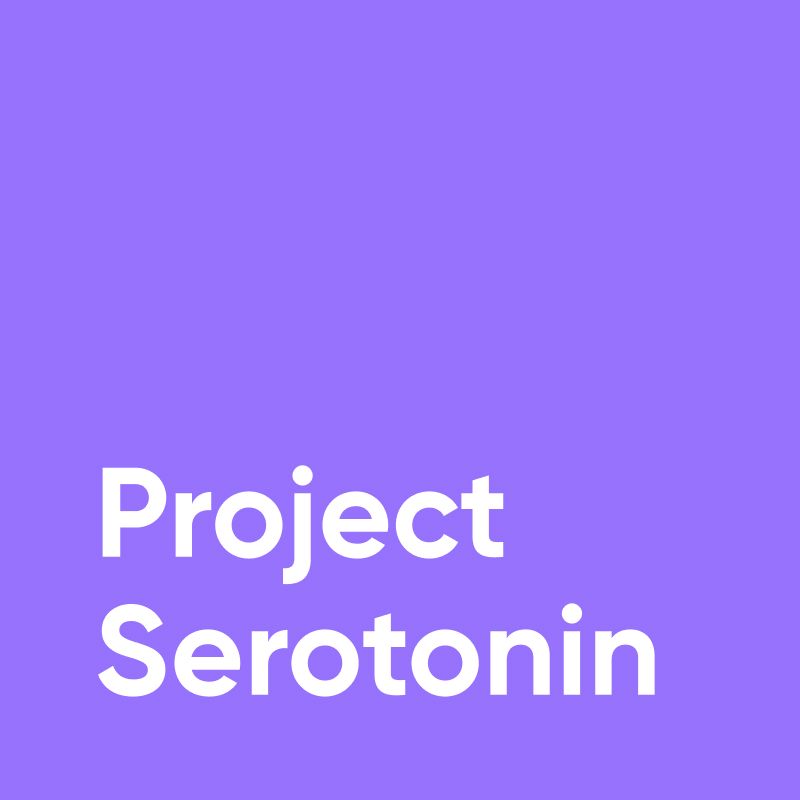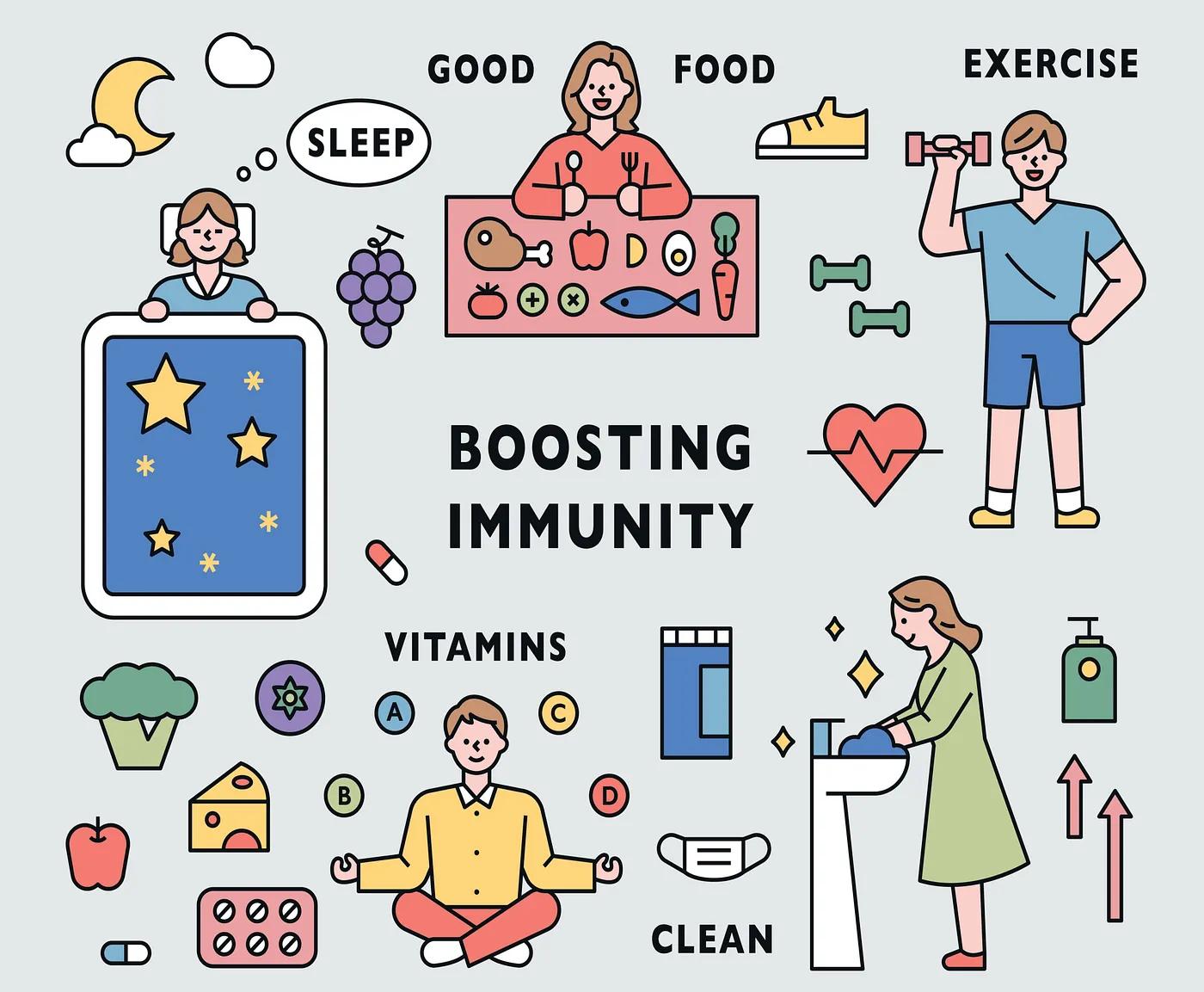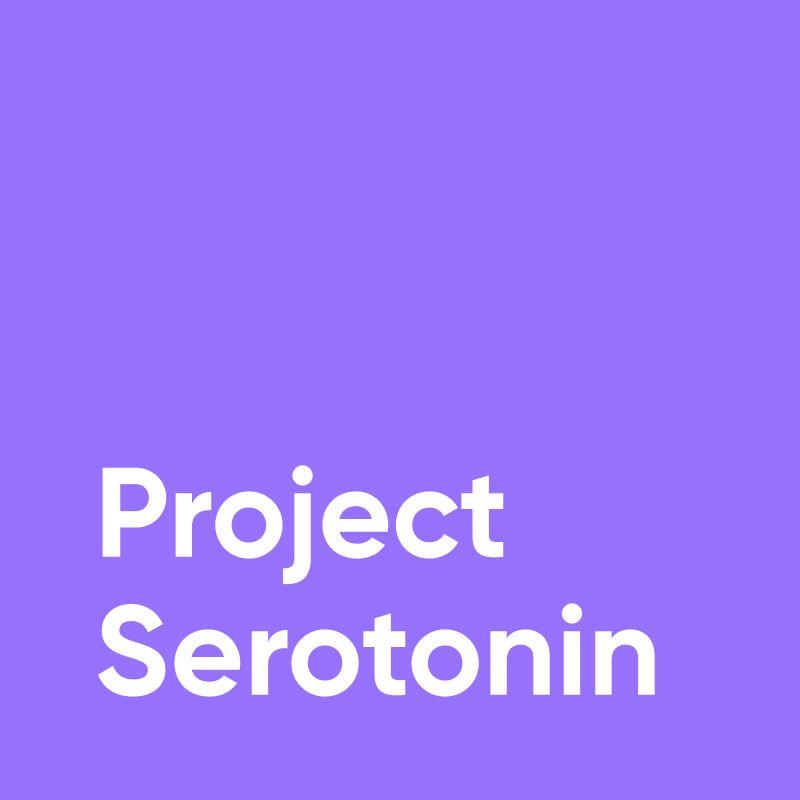Boosting immunity: Everyday measures

Immune surveillance against external pathogens is a constant, life-long task that the human body executes. We have a complex immune system that works silently and adaptively to fight off most infections. Immunity can be boosted with appropriate vaccines, as well as with herbal extracts that challenge the immune system and increase pathogen-hunting activity. However, in order to understand how micronutrition can boost immunity, let’s first understand how our body’s immune system works. This will help us in taking daily supportive steps to strengthen the marvellous system built inside our body.

Our Immune system protects us from potentially harmful organisms and disease-causing pathogens by distinguishing between self and non-self molecules. It has two different responses:
- The first line is “defense or innate” immunity. This is a non-specific physical (skin and mucous membranes), and cellular defense (phagocytes- neutrophils and macrophages, antimicrobial proteins, dendritic cells, and natural killer cells) against pathogens to prevent their spread throughout the body.
- The second line is “attack or adaptive” immunity. This is an acquired specific immune response to attack pathogens through i) humoral immunity- B cells (memory cells, effector cells, antibodies) and ii) cellular immunity- T cells (helper T cells, cytotoxic T cells, cytokines).
Though we have this astounding immune system to fight off diseases, it is not functioning effectively these days. Busy lifestyles in general are disrupting this mechanism, and thus we are seeing a rise in communicable and non-communicable diseases.
Vital steps to boost your body’s immune competence:
Adequate Sleep: Sleep is a strong regulator of immunological processes through bidirectional communication between the central nervous and immune systems mediated by shared signals (neurotransmitters, hormones, and cytokines). The endocrine milieu promotes the initiation of helper T cells (Th1) immune responses that eventually strengthen your adaptive immunity. However, chronic sleep deprivation activates the conserved transcriptional response to adversity (CTRA), which invokes a persistent unspecific production of pro-inflammatory cytokines and profoundly suppresses antiviral gene programming. This increases your susceptibility to infectious diseases.
A regular sleep routine of 7–8 hours per night gives your body adequate time to boost immunity levels.

Regular Physical Activity: An active lifestyle profoundly enhances your immunological health. Exercise increases white cells (leukocyte) count and redistributes effector cells between the blood compartment and the lymphoid and peripheral tissues.
Exercise also helps in reducing inflammation, maintenance of thymic mass, amelioration of psychological stress and delaying aging of the immune system. Evidence suggests physically active people have a lesser incidence of communicable (e.g., bacterial and viral infections) and non-communicable diseases (e.g., cancer), which implies that immunity is enhanced by regular exercise bouts.
Aim for 30 minutes of physical activity per day to maintain optimal immune function.
Stress Management: Chronic stress through neuroendocrine and autonomic pathways dysregulates protective innate and adaptive immune responses. It alters cytokine balance, which induces low-grade chronic inflammation. The down-regulation of the number and function of various immunoprotective cells further suppresses the overall immune response. However, how you manage your stress response can have different physiological consequences on immunity. As stress causes your resting heart rate to creep up, keeping an eye on your RHR helps.
Practicing mindfulness, relaxation exercises, and other stress-busting techniques can help keep your RHR in a healthy range (below 65 bpm).
